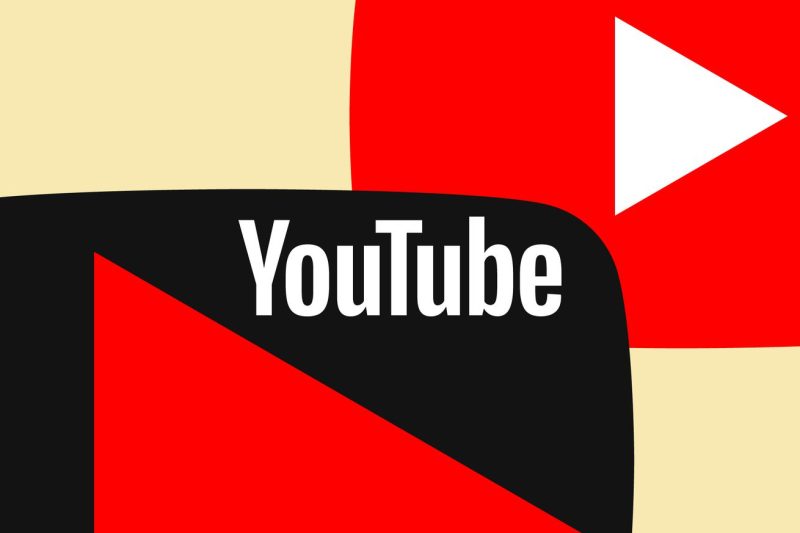
YouTube in Hot Water: Adele, Nirvana, and More Songs Removed in SESAC Standoff
In a surprising turn of events, YouTube has decided to remove songs from popular artists like Adele, Nirvana, and others from its platform due to a dispute with performance rights organization SESAC. This move has left many fans and music enthusiasts wondering about the implications and reasons behind this decision.
SESAC, one of the major performance rights organizations in the music industry, plays a crucial role in ensuring that songwriters and composers receive fair compensation for the use of their music. The organization represents a diverse roster of artists, ranging from emerging talent to established stars like Adele and Nirvana. YouTube’s decision to pull songs from these artists stems from a disagreement over licensing terms and compensation rates.
While YouTube has been a prominent platform for music discovery and promotion, it also faces challenges in navigating the complex landscape of music licensing and copyright regulations. The platform has previously encountered disputes with other performance rights organizations and record labels over similar issues, highlighting the ongoing tension between tech companies and the music industry.
The removal of songs from artists like Adele and Nirvana underscores the broader challenges faced by content creators and rights holders in the digital age. As streaming platforms continue to reshape the music industry, questions around fair compensation, copyright protection, and licensing agreements become increasingly pertinent.
Fans and users of YouTube may find alternatives like other music streaming services or platforms to access their favorite songs during this period of unavailability. However, the impact of this dispute extends beyond individual inconvenience, raising important questions about the relationship between technology companies, artists, and rights organizations.
As the situation unfolds, it remains to be seen how YouTube and SESAC will resolve their differences and whether a new agreement can be reached to reinstate the affected songs on the platform. In the meantime, fans are left to ponder the implications of this dispute on the future of music streaming and digital rights management in an ever-evolving industry landscape.
Ultimately, the removal of songs from artists like Adele and Nirvana serves as a reminder of the intricate web of relationships and negotiations that underpins the music industry. As technology and music continue to intersect, finding a balance between innovation, creativity, and fair compensation remains a pressing challenge for all stakeholders involved.
